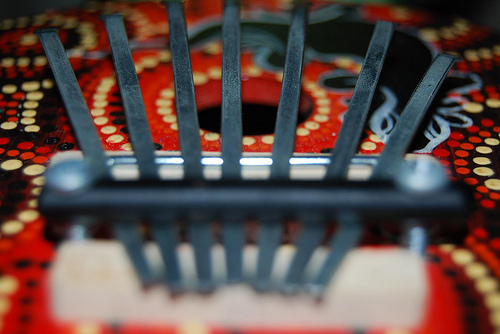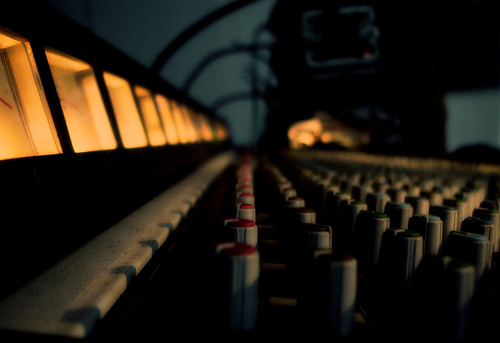Lisbon is soaked in music, you’ll hear it wherever you go. The Portuguese will tell you all about Fado, they will sing and dance, they will enjoy the gift of music day and night. In a place where every bar, every street, and every house is filled with music, you simply can’t stand aside and watch.
Instead, you can visit the Museum of Music, a singular place, where musical souls find interest beyond imagination.

As musical instruments have been a part of people’s lifestyle in all parts of the world, they have also become a common target for personal collections. Collectioners, obviously, were not too greedy, and they wanted to show their treasures to the public. The assembly of such collections gave birth to the Museum of Music in 1911. More specifically, the idea and the permission to open this museum was born in 1911, it actually opened for public in 1940s. The museum last moved in 1994 and now it’s in the underground railway station of Alto dos Moinhos. Can you find a more creative place to have a music museum? I knew you can’t.
The location might be considered a disadvantage, because no one would probably trust an underground museum. On the contrary, those who do end up having the whole place to themselves, unfortunately, it’s not too popular among tourists. You can use the railway fact to your advantage. Just look at it from another angle, you don’t have to walk a lot and look for it. You take off the train, and it’s right there.
As unique museums don’t usually have a long histories, this one can be considered a special one. It took pretty long to make the idea a reality.
The collection doesn’t include only instruments, but also graphic documents, phonograms and other items meant for creating or enjoying music. Don’t picture the modern instruments only, there are some you won’t see on stages today. They make sounds once considered traditional, the new generations would say they’re fresh. After all, every new thing is the forgotten old.

Naturally, there is one permanent exhibition, and another or a few temporary exhibitions. The displays don’t belong to Portuguese culture only, there are samples from Asian and African music instruments.
Thankfully, you don’t have to have a diploma from the most prestigious universities or years of experience to be into music. You can learn to play an instrument all by yourself, or with the help of online tutorials. These museum would be a nice place to get inspired and think about a possible music career … to think about it seriously.
If you want a tour, take care of the arrangements beforehand. Write them an e-mail or call them when you get to Lisbon. By the way, the museum has a gift shop, so if you have friends who’d be happy for a music book, music ties, instrument miniatures as a souvenir from Lisbon, put down a few “checks” on the list.
Even if music is just a hobby for you, hidden attractions always make your visits more special. Everyone has heard of the Monument of Discoveries and Berardo Museum, but there are only a few people who have seen a good museum of music.


